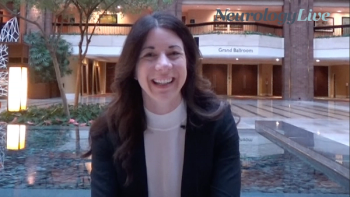
The senior statistical scientist and director of consulting at Berry Consultants talked about innovative clinical trial design in ALS research at the 2023 MDA conference. [WATCH TIME: 5 minutes]

The senior statistical scientist and director of consulting at Berry Consultants talked about innovative clinical trial design in ALS research at the 2023 MDA conference. [WATCH TIME: 5 minutes]
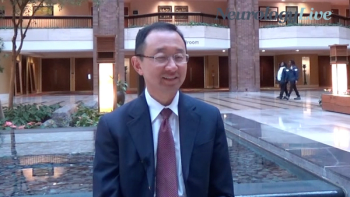
At the 2023 MDA conference, the professor of neurology at the University of Minnesota talked about the current understanding and challenges of Limb Girdle muscular dystrophy from a clinical perspective. [WATCH TIME: 5 minutes]
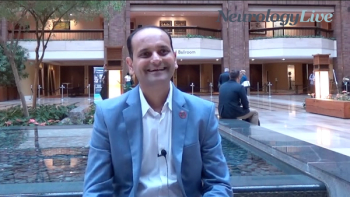
The senior vice president of research at The ALS Association talked about the complexities of ALS and the importance of collaboration in research at the 2023 MDA conference. [WATCH TIME: 5 minutes]

Time to milestones such as invasive and noninvasive ventilation, speech-generating devices, and hospice care took significantly longer while on intravenous edaravone.
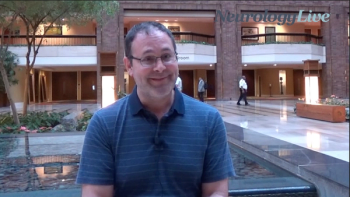
The research associate professor in the department of physical therapy at the University of Florida talked about physical therapy inventions for neuromuscular diseases at the 2023 MDA conference. [WATCH TIME: 4 minutes]
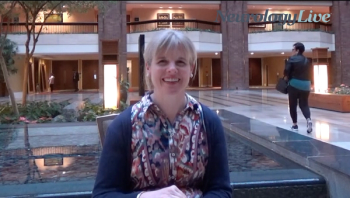
The child neurologist at the University of Colorado School of Medicine talked about her presentation on end of life care for patients with neuromuscular diseases at the 2023 MDA conference. [WATCH TIME: 5 minutes]

Test your neurology knowledge with NeurologyLive®'s weekly quiz series, featuring questions on a variety of clinical and historical neurology topics. This week's topic is the history of the Muscular Dystrophy Association (MDA).
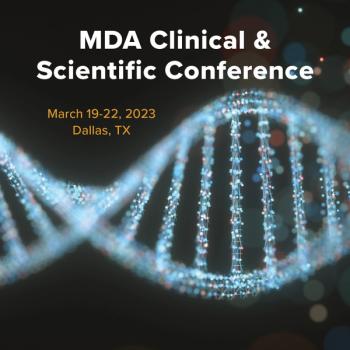
As a recap from MDA 2023, get caught up on some of the latest news in neuromuscular diseases as the NeurologyLive® team shares some of our data updates.
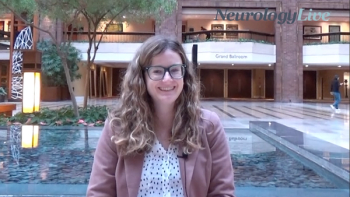
At the 2023 MDA Conference, a neurology nurse practitioner in the Neuromuscular Division at Washington University in St. Louis talked about adverse event management of gene therapies in Duchenne muscular dystrophy. [WATCH TIME: 2 minutes]
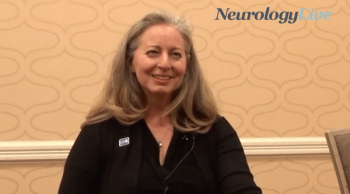
At the 2023 MDA Conference, the executive vice president and chief research officer of MDA talked about a new program from the MDA to tackle ultra-rare neuromuscular diseases. [WATCH TIME: 5 minutes]

Durability of treatment response on reachable workspace was observed among those who continued losmapimod throughout the 96-week period and those who switched from placebo.
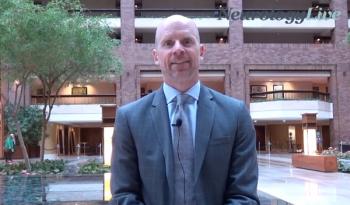
The associate professor of pediatrics at the University of Colorado School of Medicine talked at the 2023 MDA Conference about how digestive health impacts patients with Duchene Muscular Dystrophy. [WATCH TIME: 4 minutes]
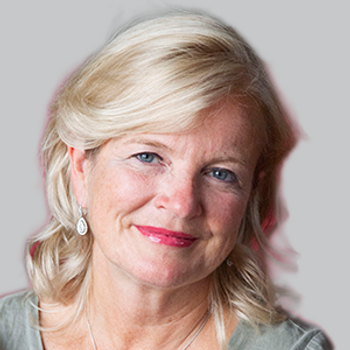
In participants who received placebo during the parent studies, rapid improvements were observed as early as week 1 after switching to zilucoplan, and continued through week 12 of the extension period.
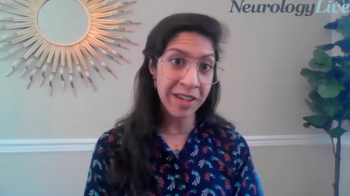
The palliative care physician and assistant professor of medicine at Johns Hopkins Bayview Medical Center discussed the types of resources clinicians can pull from to expand neuropalliative care for patients with neuromuscular disorders. [WATCH TIME: 3 minutes]
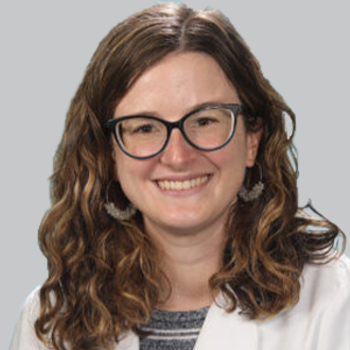
The 12-person Dephi panel reviewed data from 3 clinical trials of delandistrogene maxeparvovec (SRP-9001; Sarepta), and developed considerations for the management of vomiting, myocarditis, acute liver injury, and immune-mediated myositis.
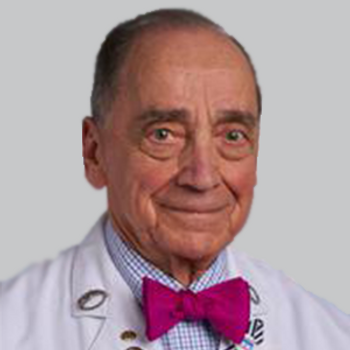
After results indicated significant slowing of ALS disease progression, Coya noted it plans to file an IND with the FDA in the second half of 2023 for a potential clinical study thereafter.

The professor of neurology and pediatrics at University of Rochester Medical Center shared her thoughts on the 2023 MDA Clinical and Scientific Conference, and the progress made in the treatment of neuromuscular disorders.
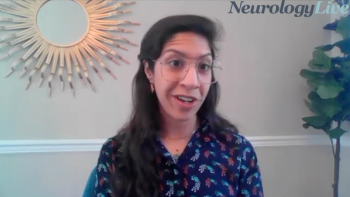
The palliative care physician and assistant professor of medicine at Johns Hopkins Bayview Medical Center provided perspective on current state of end-of-life care for neuromuscular disorders and areas to improve upon. [WATCH TIME: 4 minutes]
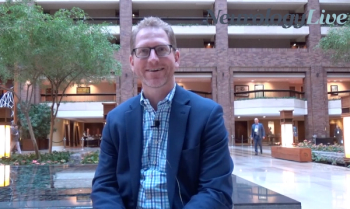
The chief medical officer at ML Bio Solutions spoke about the advances in neuromuscular diseases such as limb girdle muscular dystrophy at the 2023 MDA Conference. [WATCH TIME: 3 minutes]
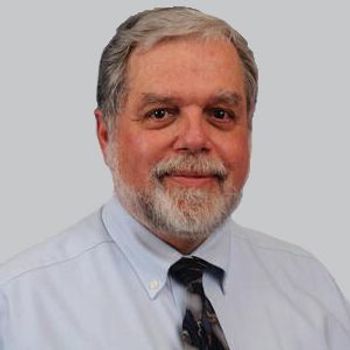
Efgartigimod-treated patients consistently outperformed placebo regardless of concomitant medication, thymectomy status, and timing of diagnosis.
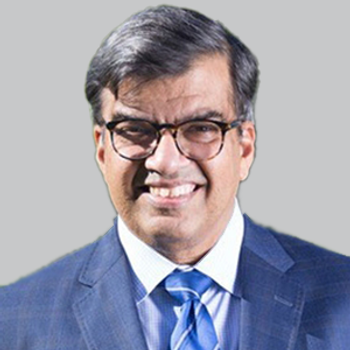
After previously showing positive effects on MG-ADL and QMG, ravulizumab continued to show improvements in ocular and respiratory muscle domains in myasthenia gravis.
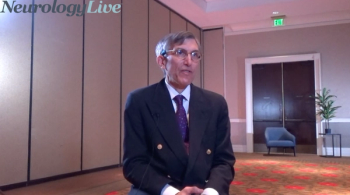
The director of the Center for Biologics Evaluation Research at the FDA provided an overview of the Keynote Address he gave at the 2023 Muscular Dystrophy Association Clinical and Scientific Conference. [WATCH TIME: 3 minutes]
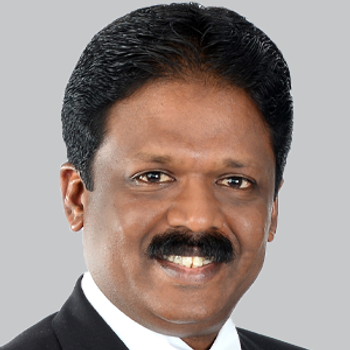
More than 90% of patients, ambulatory and non-ambulatory, experienced improvements in Medical Research Council score within 6 months of treatment.
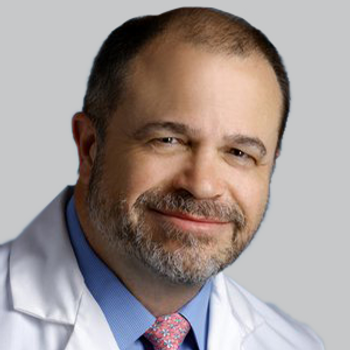
Differences in baseline characteristics and eligible criteria in presymptomatic infants with spinal muscular atrophy led to differential results on motor and nonmotor clinical outcomes.

Test your neurology knowledge with NeurologyLive®'s weekly quiz series, featuring questions on a variety of clinical and historical neurology topics. This week's topic is the history of the Muscular Dystrophy Association (MDA).
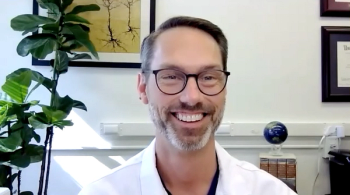
The associate professor of neurology at Columbia University and medical consultant and care center director for MDA offered his insight into the latest progress in ALS treatment and some of what will be discussed at the upcoming MDA Clinical & Scientific Conference.

Stanley Appel, MD, shared his insight into the MDA session track on amyotrophic lateral sclerosis, the latest science advances to benefit patients, and where the field is headed with research and treatment.
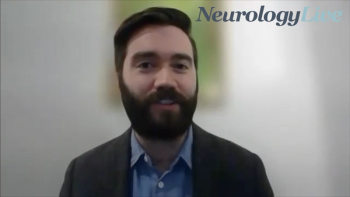
Ahead of the 2023 MDA Conference, which will be held from March 19-22, 2023, in Dallas, Texas, the vice president of public policy and advocacy at the Muscular Dystrophy Association provided an overview of the current state of access and the need for more advocates in neuromuscular disease. [WATCH TIME: 14 minutes]

Angela Lek, PhD, and Tahseen Mozaffar, MD, offered their insight into myositis and the clinical needs for the population, ahead of a focused session on it, chaired by Mozzafar at the MDA’s Clinical & Scientific Conference.

The president and CEO, as well as the executive vice president and chief research officer, of MDA, together offered an in-depth overview of what to expect from the 2023 MDA Conference, which will be held from March 19-22, 2023, in Dallas, Texas. [WATCH TIME: 12 minutes]